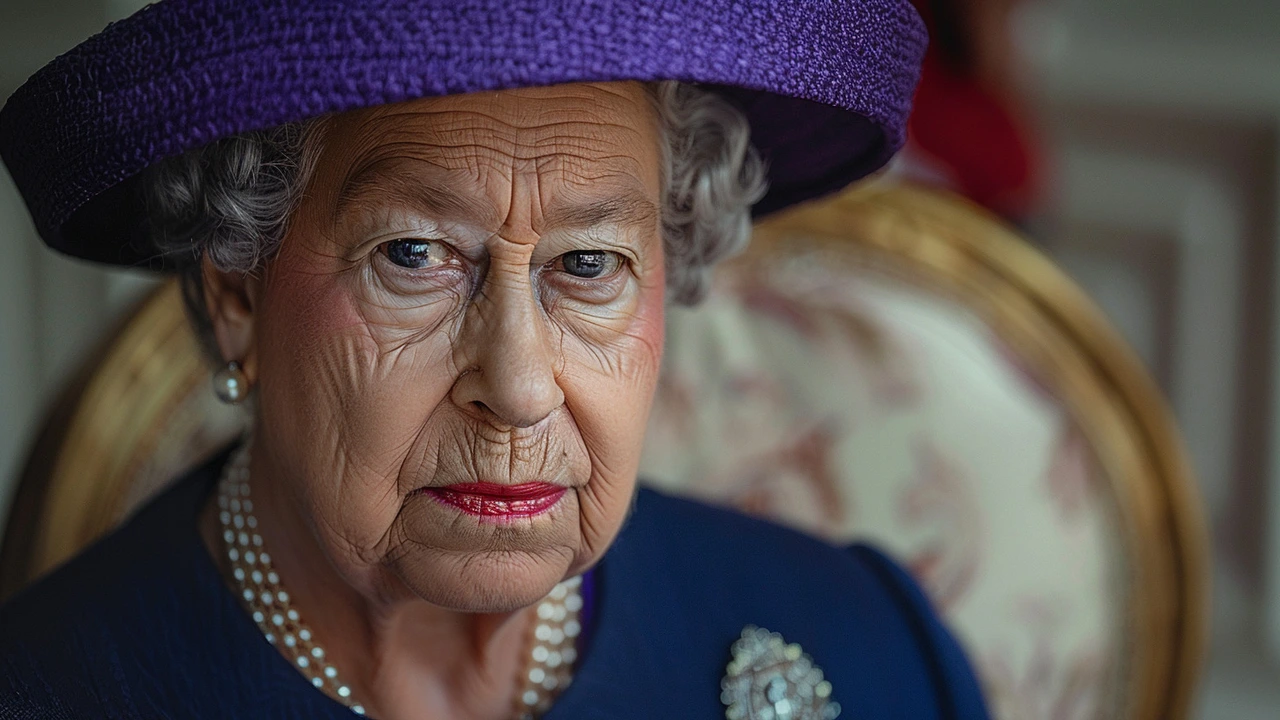Ivermectin misinformation: the Queen treatment claim corrected (March 2024)
In March 2024 we covered a single but important story: a claim that Queen Elizabeth II was treated with ivermectin for COVID-19. Full Fact investigated and found the message came from a broadcast error. That one mistake spread fast and shows how quickly health misinformation can travel.
What happened
A media outlet briefly broadcast an incorrect statement implying the Queen had been given ivermectin for COVID-19. Full Fact checked the timeline and sources, then published a correction. The correction made it clear the claim was false and the on-air text was an error, not a verified medical report.
That correction mattered. When health claims involve well-known people, they gain attention and trust. People may share them without checking. In this case, the false claim could have encouraged some to consider ivermectin as a COVID-19 treatment, even though major health bodies advise against using it outside clinical trials.
How to avoid falling for health falsehoods
Want to spot bad health info fast? Start with the source. Was the story from a verified news outlet or a single social post? Look for corrections or follow-ups. Reputable outlets put corrections online when they get things wrong. Fact-check sites like Full Fact, Snopes, or official health bodies often publish quick clarifications.
Check who is being quoted. Official medical statements come from doctors, hospitals, or public health agencies. If a report names no experts or links to a single anonymous post, treat it with caution. Screenshots and short clips are easy to edit, so try to find the original broadcast or full article.
Think about real-world impact. If a claim tells you to take or buy a medicine, slow down. Ask a health professional before using any drug for a condition it’s not approved to treat. Self-medicating based on a viral post can be dangerous.
We included this story in the March 2024 archive because it highlights two things we care about: accurate drug information and how false health stories spread. A single broadcast error turned into a shortlist of shares, but a quick fact-check set the record straight. That’s how the system should work—errors found and corrected fast.
If you read a surprising health claim, check for a correction, look up the original source, and ask a trusted health professional. That small step helps stop dangerous rumors and keeps your health choices based on facts, not hearsay.
Debunking Misinformation: No Evidence of Queen Receiving Ivermectin for COVID-19
Recent misinformation suggested Queen Elizabeth II was treated with ivermectin for COVID-19. Full Fact, a fact-checking body, clarified after an investigation that this was due to a broadcast error, emphasizing the critical need for cross-verification in health-related news.
Keep Reading
